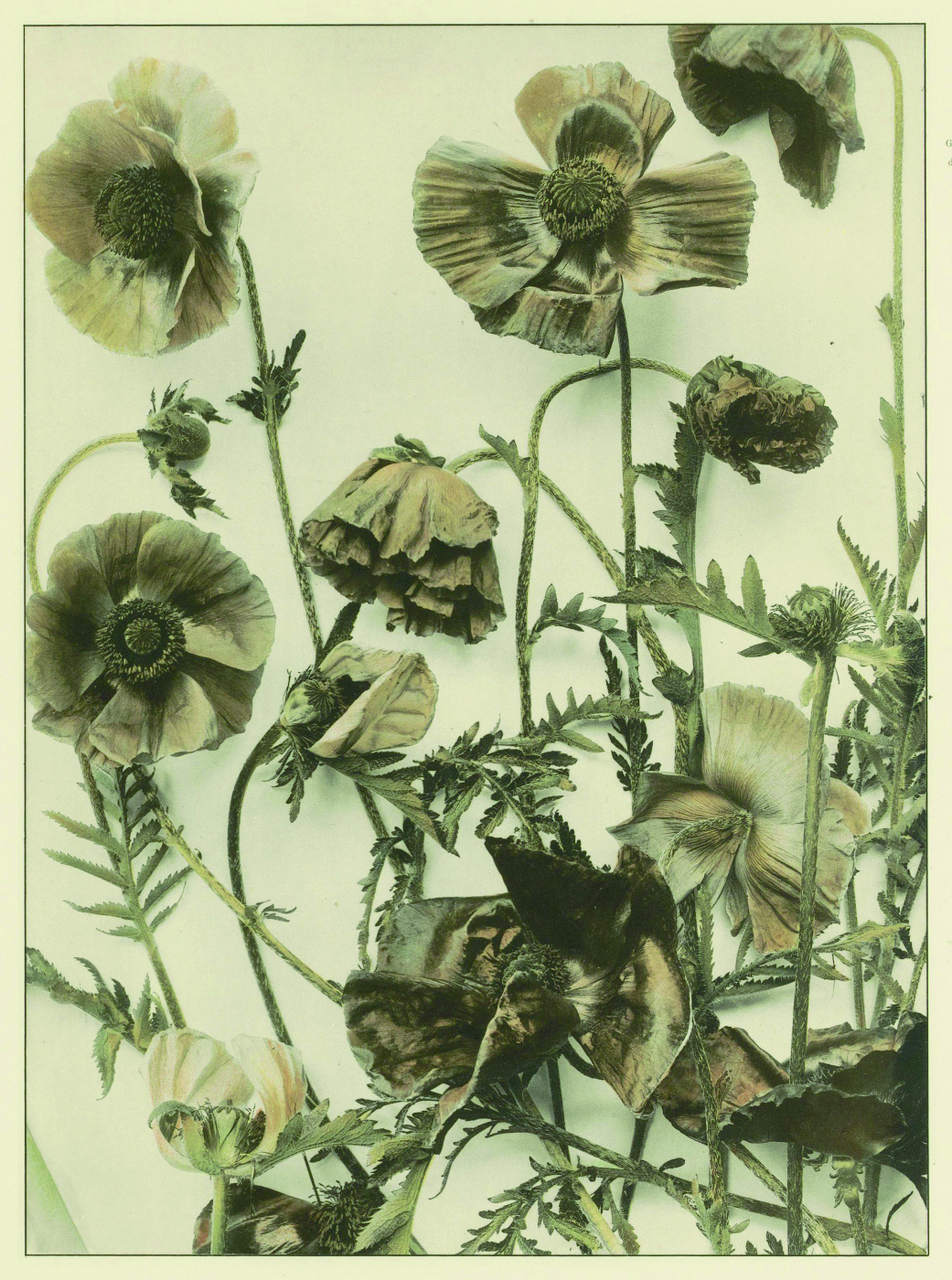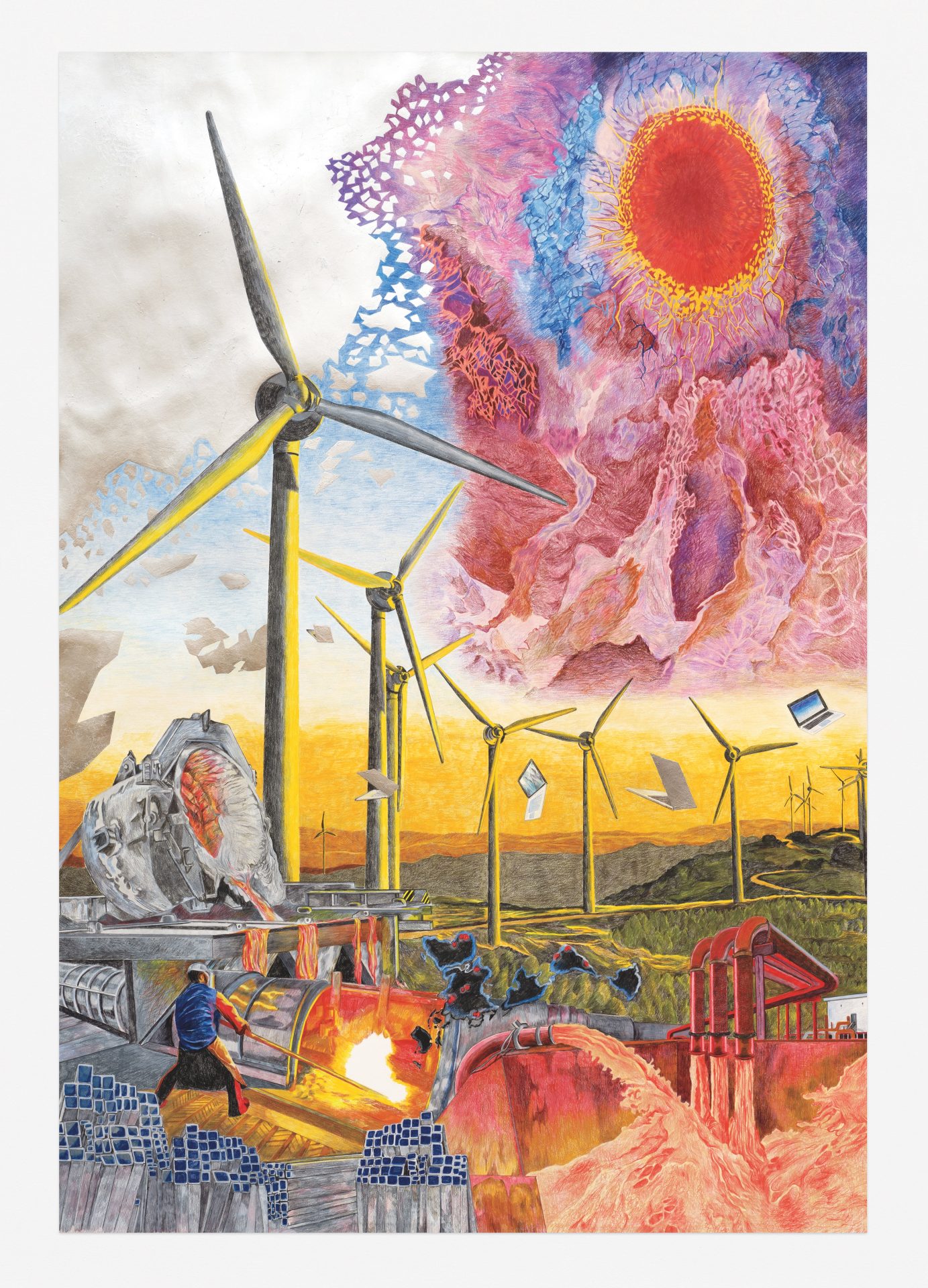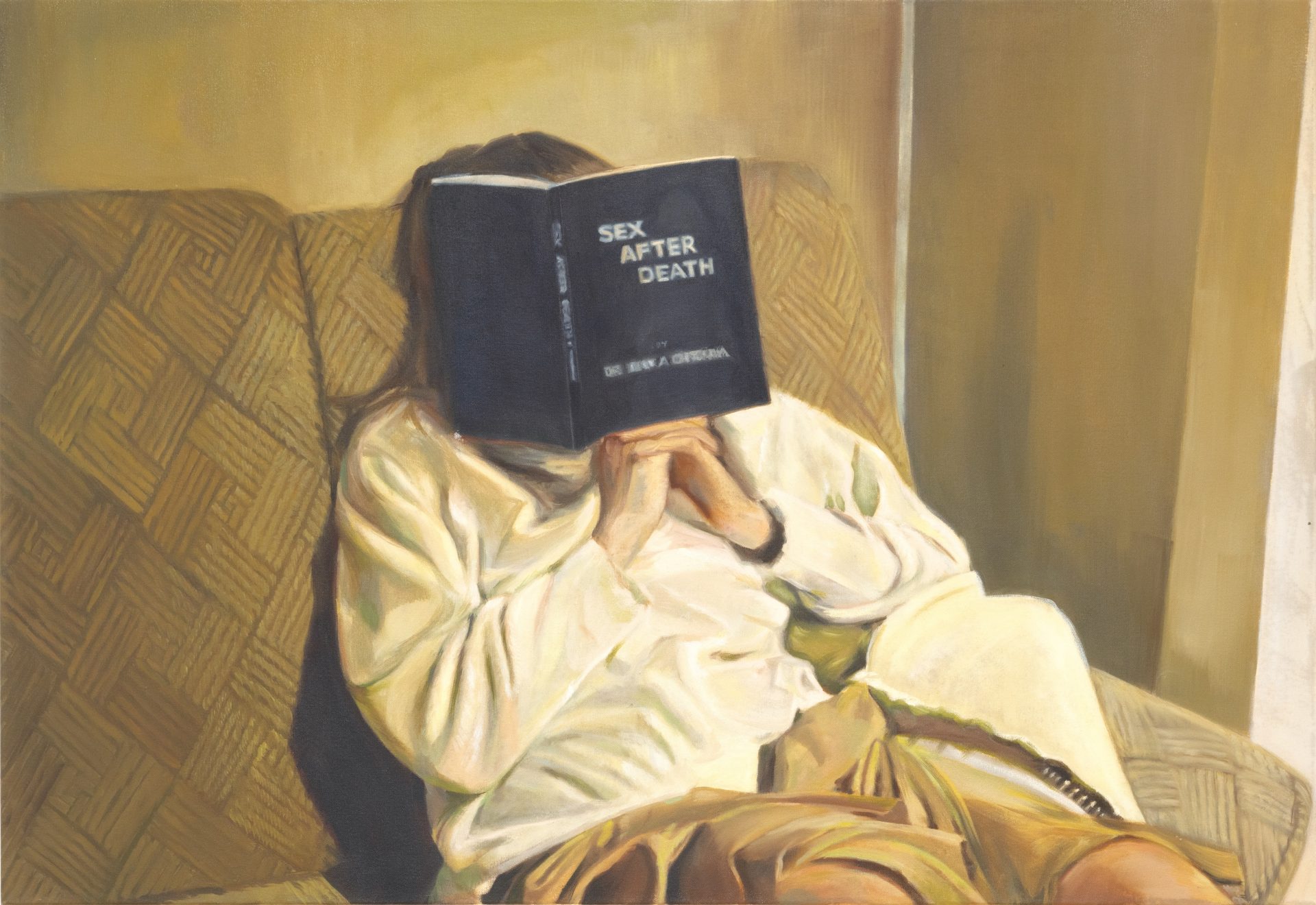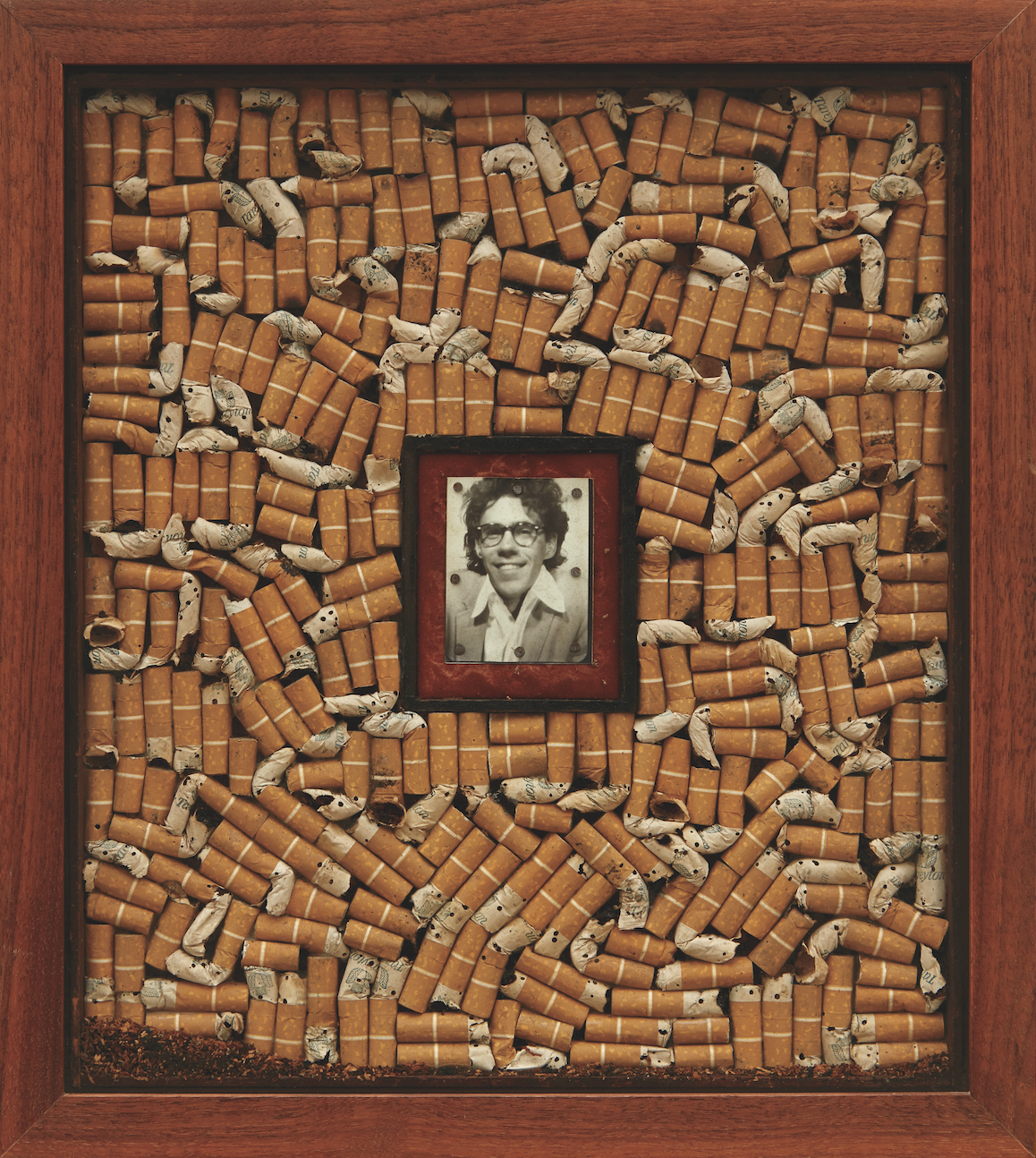
Joy Williams has won the 2021 Kirkus Prize in Fiction for Harrow, her first novel in twenty years. Brian Broome has been awarded the nonfiction prize for his memoir Punch Me Up to the Gods.
New hires have been announced at the New Yorker: Julian Lucas and Emma Green have been named staff writers, Merve Emre will be a contributing writer, Susan Orlean will be writing an obituary column (“You can expect Susan to put her own spin on it, paying homage to people known and unknown, plus animals, trees, and even inanimate objects.”), and Stephania Taladrid will be writing full-time.
In an opinion piece for the New York Times, Jay Caspian Kang writes about how assigning book reviews to writers based on shared race or gender with the book’s author can be reductive. “Perhaps the dutiful pairing of authors who breathe a sensitive word about race or gender with writers who look like them can all be seen as a small price to pay for progress,” Kang writes. “But I wonder if there is a far less sympathetic reason behind the shift to review segregation. Are editors, cowed by the potential for social media outrage, making what amounts to a hedged bet?”
Sloane Crosley writes about Dana Spiotta’s Wayward for the New York Review of Books. According to Crosley, Spiotta “is a decade writer.” The new novel follows “a mad-as-hell-and-not-going-to-take-it-anymore suburban mother and her rapidly blossoming teenage daughter” in our time, and can be understood as “a novel about aging that would prefer to be a novel about an age.”
The New Yorker’s Katy Waldman reviews Claire Vaye Watkins’s latest novel, I Love You but I’ve Chosen Darkness and discusses “motherhood literature”—a distinction Watkins’s novel both plays into and challenges. For instance, Watkins’s narrator absconds to the Mojave Desert after the birth of her daughter: “There’s a ripple of wish fulfillment here, which Watkins seems humorously aware of: she has turned Claire’s rote domestic plight into a fantasy of escape.”





